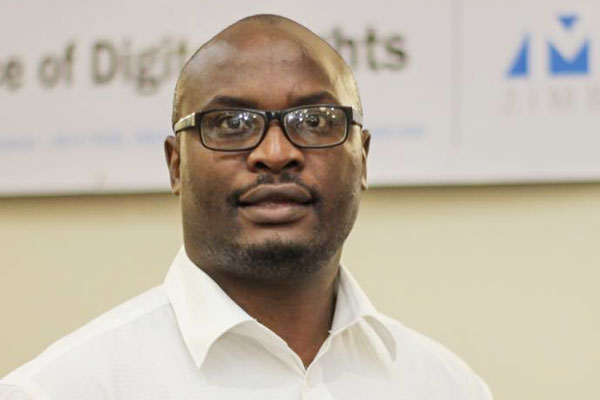
By Pamenus Tuso
The Media Institute of Southern Africa (Misa) Zimbabwe Chapter has “solarised” its Harare offices in a move that will improve the organisation’s service efficiency as a media freedom advocacy and lobby entity.
Misa has been relying heavily on a fuel-powered generator for its energy due to the incessant electricity outages. This situation was becoming too costly for the organisation due to exorbitant fuel prices.
The decision to go solar was also greatly influenced by the organisation’s firm belief in the quest for pollution-free environments through clean solar energy.
“Misa as an organisation made a strategic decision to bypass the premium costs of procuring fuel at exorbitant US dollar-rated fuel costs in the country which is quite unsustainable said,” Misa Zimbabwe director Tabani Moyo in an interview with GreenEnergy Zimbabwe.
“Literally, electricity in the country is available for only four hours a day. So, you cannot run a business on a four-hour day of supply and then resort to the use of a generator for the better part of your operating hours.”
Moyo said a Germany-based organisation, DW Academy, came to the rescue by supporting the installation of a state-of-the-art solar system at the offices.
“The solar installation project was supported by our Germany-based good friends, DW Academy, who came as guardian angels in terms of revolutionising the way we operate through supporting green energy,” he said.
- Chamisa under fire over US$120K donation
- Mavhunga puts DeMbare into Chibuku quarterfinals
- Pension funds bet on Cabora Bassa oilfields
- Councils defy govt fire tender directive
Keep Reading
“This first step we have taken is not only a good pointer to the industry, but also to the country in general, that green energy is much more efficient, smarter, cost-effective and sustainable.”
Moyo also paid tribute to HIVOS for inspiring the organisation in embracing green energy solutions. Misa Zimbabwe has partnered with HIVOS in training journalists on how to effectively report on renewable energy.
Following these trainings, some of the journalists have since become experts in renewable issues and have been invited to present papers at international platforms.
“I would also like to thank HIVOS for their knowhow and strategic fit and thinking around renewable energy,” said Moyo.
“Way back, a lot of people used to think that solar-powered systems are weaker — far from it!
“They, in fact, enable you to achieve more with less. You simply harness and utilise energy from the sun.”
Following the installation of the solar equipment, Moyo said the organisation was now better placed to fulfil its mandate of advocating for freedom of expression, access to information and media freedom and professionalism.
“Our stakeholders and members are at ease now because Misa has got access to power supply for 24 hours which enables it to be timely responsive in terms of environmental factors that affect our stakeholders such as media attacks during the course of their work,” he said.
Moyo said the solar installation had improved the organisation’s efficiency in communicating and reaching out to critical as well as strategic stakeholders that include government on a cost-effective basis.
Although he was not at liberty to disclose the costs, he said the project had saved the organisation a lot of money in fuel-procuring costs.
“We hope that going forward, Zimbabwe, as a whole, will go full throttle in harnessing solar and wind energy to produce power,” he said.
“This is one of the sustainable means of meeting the country’s energy needs and supplementing the national grid that supplies Zimbabwe as opposed to being stuck with this costly hydro-powered and fossils generation of electricity.”











